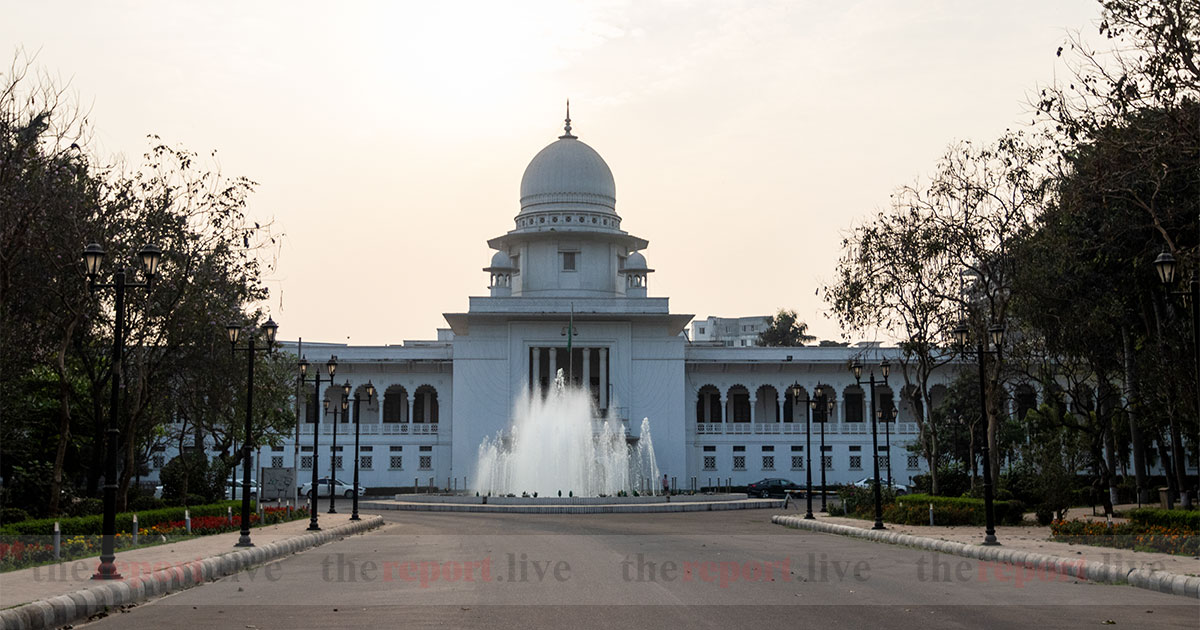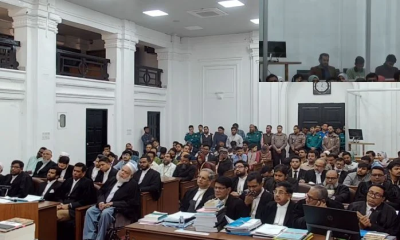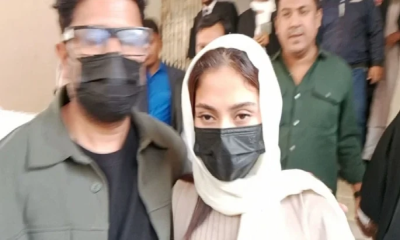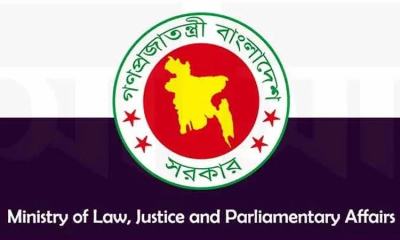The High Court has expressed deep shame over the deaths that occurred during the quota reform protests, calling every death a tragedy.
“We are ashamed of the violence and deaths of people related to the quota reform movement,” said the HC bench, comprising Justice Mustafa Zaman Islam and Justice SM Masud Hossain Dolon, on Tuesday.
The HC made the remark during the hearing of a writ petition seeking an order to refrain from firing on protesters and to release six coordinators of the quote reform movement from the custody of the Detective Branch of Police.
“Everything is written in the Constitution and the law, but none of us is following the Constitution or the law. The CRPC clearly states how the police should behave. We will not do anything that harms the nation,” the HC bench added.
The court later adjourned the hearing, scheduling a further session for tomorrow.
Barrister Sara Hossain, Advocate ZI Khan Panna, Barrister Aneek R Haque, and Advocate Manjur Al Matin represented the writ petitioners, while Additional Attorney Generals SM Munir, Sheikh Md Morshed, and Barrister Mehedi Hasan Chowdhury represented the state.
Meanwhile, there was commotion in the courtroom twice after the hearing began. The state’s lawyers claimed the writ petition was filed with “a special purpose.”
After the adjournment, Barrister Aneek addressed a press conference, saying, “We have come to the court with a completely non-political purpose to save the lives of students. We have come to ensure that students are not fired upon indiscriminately. We are here to protect our children. We have not come with any special purpose.”
Earlier, on Monday, Supreme Court lawyers Manzur Al Matin and Aynun Nahar Siddika filed a writ petition seeking the immediate release of the six coordinators of the Anti-discrimination Student Movement from DB custody and an order to prevent firing on protesters nationwide.
The petition named the Cabinet Secretary, Secretary to the Ministry of Home Affairs, Inspector General of Police, Chief of Army Staff, and other relevant parties as respondents.





-20260121062240.jpg)












-20260221022942.jpg)
-20260221022827.webp)



















